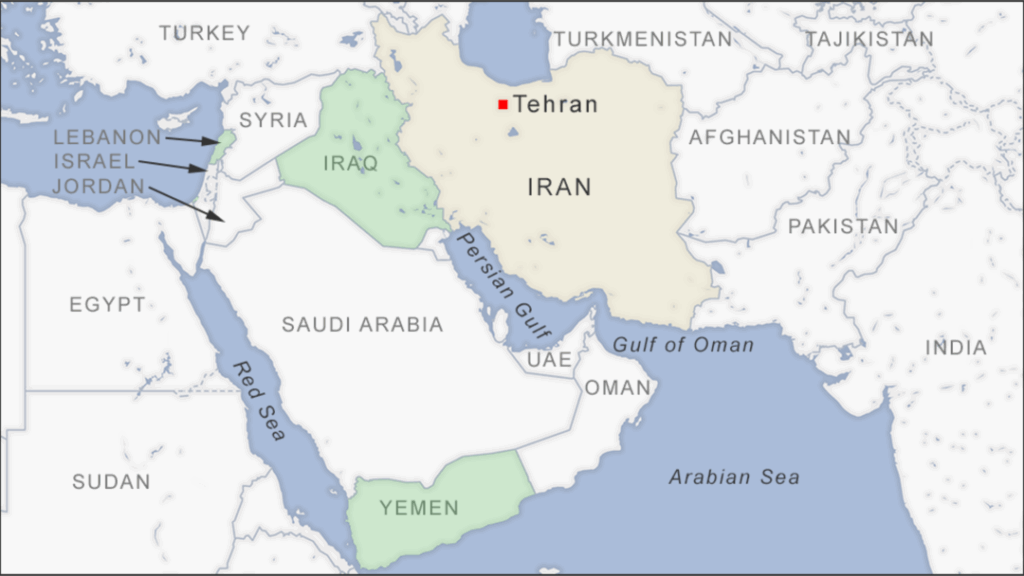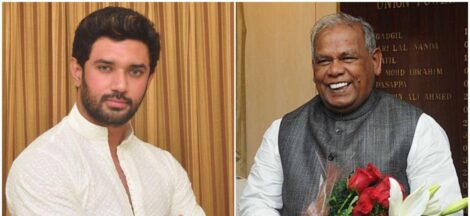A senior officer from Iran’s Islamic Revolutionary Guard Corps has asserted that Pakistan would launch a nuclear strike on Israel if Tel Aviv employs a nuclear weapon against Tehran—claims swiftly rejected by Islamabad. General Mohsen Rezae, a member of Iran’s National Security Council, made the declaration during a televised interview as missile exchanges between Iran and Israel intensified, raising fears of a broader regional conflagration.
Rezae stated: “Pakistan has told us that if Israel uses a nuclear bomb on Iran, then Pakistan will also attack Israel with a nuclear bomb.” His statement arrived amid a wave of missile barrages soaring across Iranian and Israeli skies. Pakistan’s defence minister immediately dismissed the assertion, emphasising that Islamabad had made no such commitment.
The remarks reflect deepening geopolitical alignments: Pakistan and Iran have signalled increasing solidarity, with Islamabad condemning what it described as unlawful Israeli strikes and calling for unity within the Organisation of Islamic Cooperation. Defence Minister Khawaja Asif, addressing Pakistan’s national assembly on 14 June, urged Muslim nations to “unite or face the same fate” as Iran and Palestine.
Missile exchanges form the backdrop to Rezae’s comments. Israeli airstrikes have targeted Iran’s Defence Ministry and suspected nuclear sites, prompting Iran to respond with its own missile volleys. By the end of the third day of conflict, Iranian officials reported 224 fatalities and more than 1,200 injuries, predominantly among civilians. Israeli authorities confirmed 14 deaths in Bat Yam and Tamra, with hundreds more injured.
Pakistan stands among nine nuclear-armed states globally, alongside both Iran and Israel. Analysts caution that invoking nuclear deterrence—from Pakistan—may be more rhetorical than operational. Pakistan’s nuclear doctrine, shaped by Cold War-era tensions with India, reserves nuclear deployment for existential threats, with clearly defined thresholds. A unilateral strike in support of Iran would represent a significant departure from that established strategy.
Islamabad’s formal response remains constrained: neither the prime minister nor military leadership has issued public confirmation of the alleged nuclear assurance. Pakistan’s envoy to the United Nations condemned Israel’s operations against Iran as violations of international law but avoided any mention of nuclear retaliation. The Foreign Ministry and military maintained a muted position, denouncing Israeli aggression while refraining from escalating rhetoric.
Global stakeholders voice increasing concern. The United States has moved naval assets into the region, while France, Germany, and other G7 members advocate for de-escalation at a forthcoming summit. At the United Nations, discussions have emphasised adherence to international norms governing self‑defence and non‑proliferation.
Legal scholars argue that pre‑emptive or retaliatory nuclear threats outside direct bilateral hostilities violate the UN Charter. Australia’s foreign minister, Penny Wong, has emphasised that any strike must satisfy the criteria of self‑defence under international law. Critics warn that Pakistan’s alleged commitment, if real, could create a dangerous precedent, undermining global non‑proliferation regimes.
The position of Pakistan’s military command remains unclear. With the IRGC framing Rezae’s remarks as evidence of solid regional backing, Islamabad seems intent on projecting diplomatic support without crossing into military entanglement. Whether Pakistan would deliberate such a strike internally or as part of an allied response remains speculative.
Analysts assess the implications of this development. A nuclear threat from Pakistan—if realised—could transform the conflict from a Middle Eastern theatre into a global nuclear flashpoint. South Asia’s nuclear pot would be stirred, risking realignment of defence postures and heightened alert levels internationally. The involvement of any third nuclear‑armed party would sharply raise the stakes of an already perilous regional crisis.
Oversight bodies such as the International Atomic Energy Agency and the UN Security Council are expected to monitor the situation closely. However, absent formal channels confirming Pakistani escalation, much hinges on interpreting the rhetoric of allied positions. Rezae’s remarks may serve more as strategic signalling than actionable policy.
As the Iran–Israel confrontation continues, the entry of Pakistan into nuclear discourse underscores the fraught balance between rhetoric, deterrence, and realpolitik. The world watches closely, wary that symbolic posturing could slide into unwitting escalation.




 Pilot-Ordered Return of BA35 Amid Flap Glitch Over Dover
Pilot-Ordered Return of BA35 Amid Flap Glitch Over Dover 